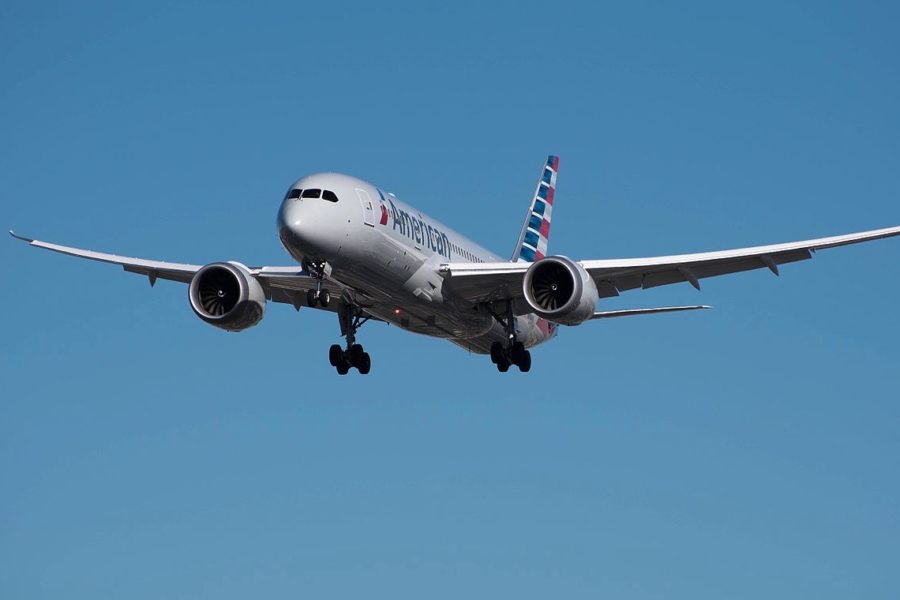
The World Travel & Tourism Council has called on governments around the world to “get serious” about incentivising sustainable aviation fuel production and set ambitious targets to produce adequate supply.
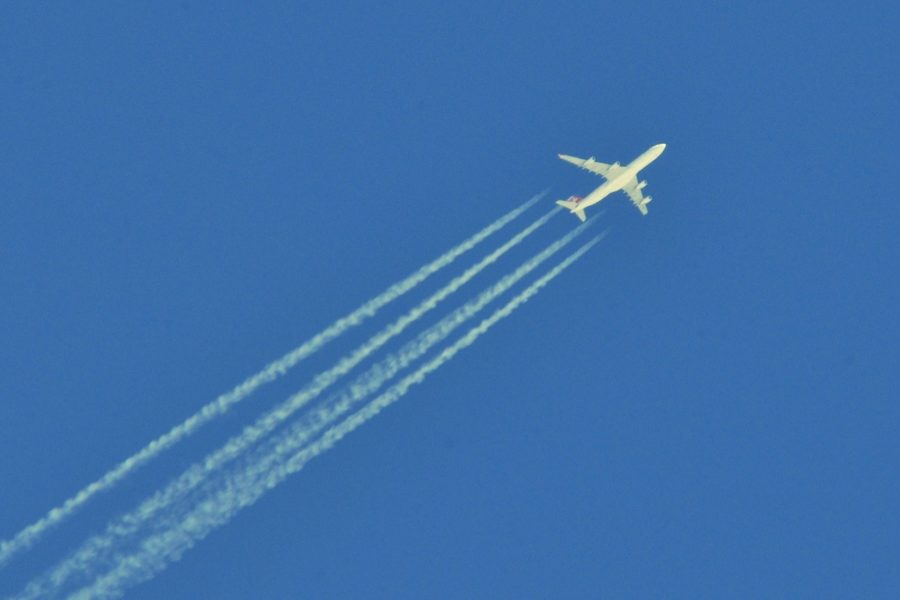
How will aviation continue to grow while doing its fair share on climate change?
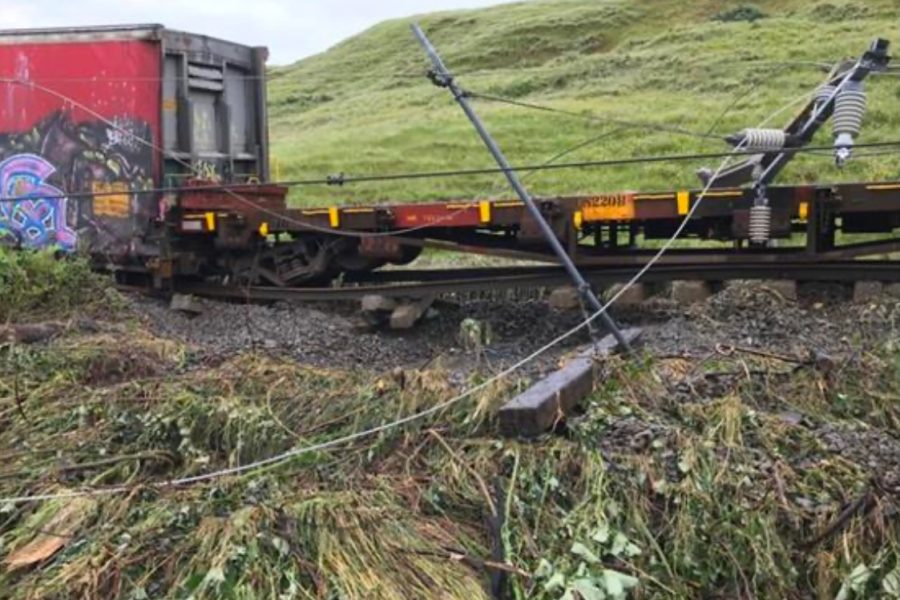
The Transport Accident Investigation Commission has warned of growing climate change risk to New Zealand’s rail infrastructure following a derailment.
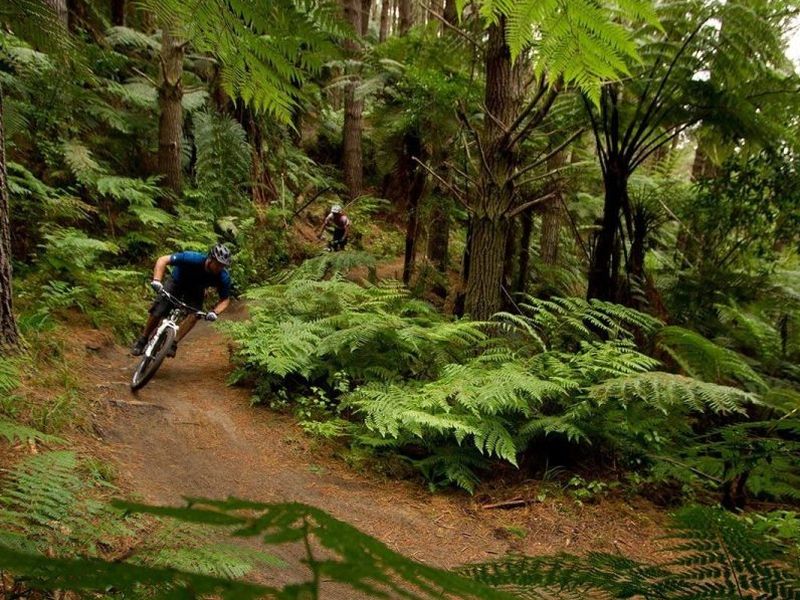
Drought, fire and higher temperatures could affect the region’s tourism industry.
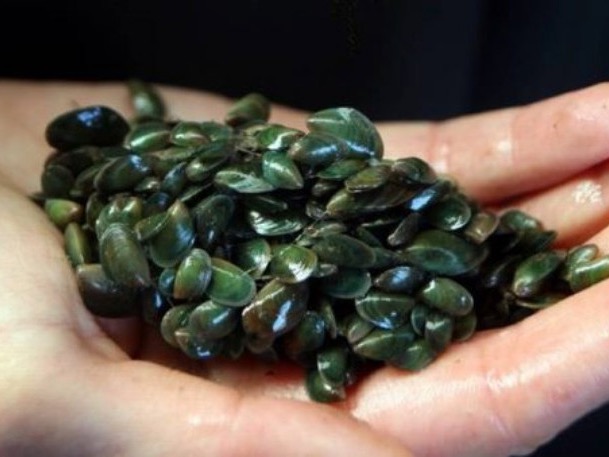
A new initiative hopes to restore the Hauraki Gulf’s mussel beds back to their former abundance.
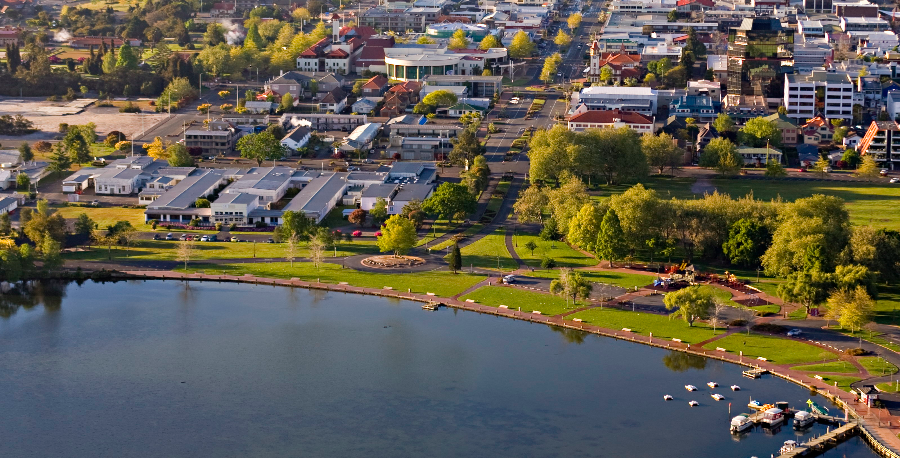
More than 80% of North Island lakes and 45% in the South Island are suffering from poor health, according to a new study.
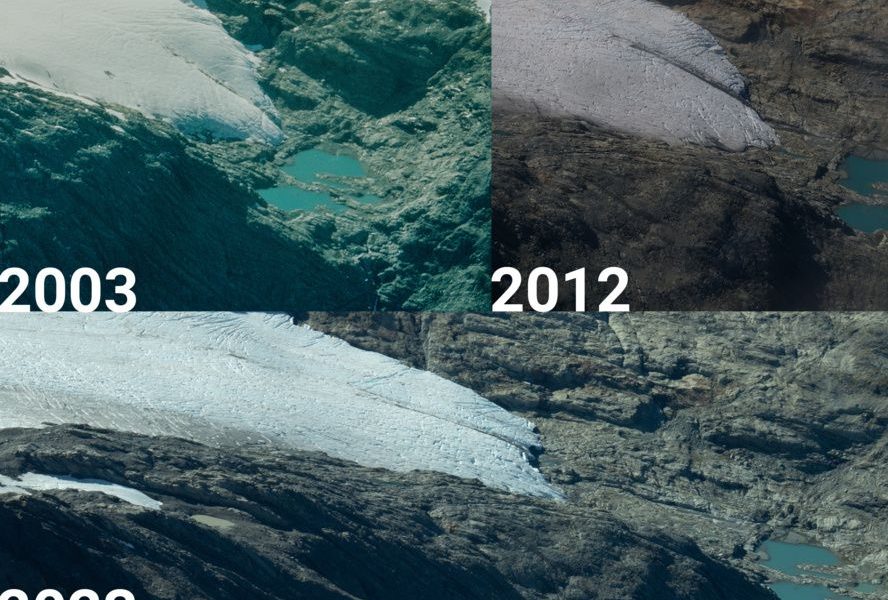
New Zealand’s glaciers continued to display signs of ice loss over the summer, in line with trends seen in previous years which show no signs of abating, according to NIWA.
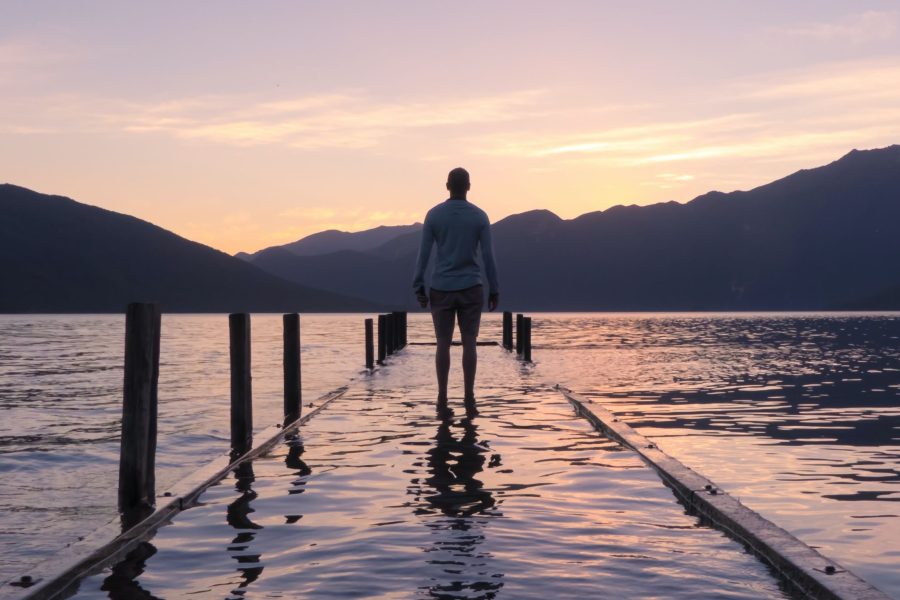
A study into how tourism could be affected outlines scenarios from orderly to severe.
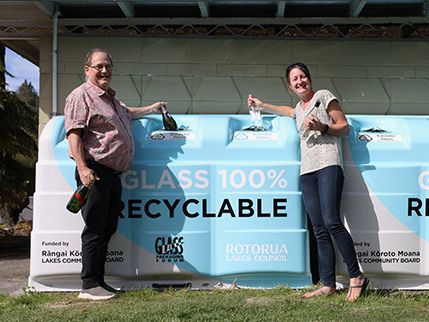
Rotorua Lakes Council is installing public glass recycling ‘bintainers’ around popular holiday hotspots around Lake Rotomā and Rotoiti.
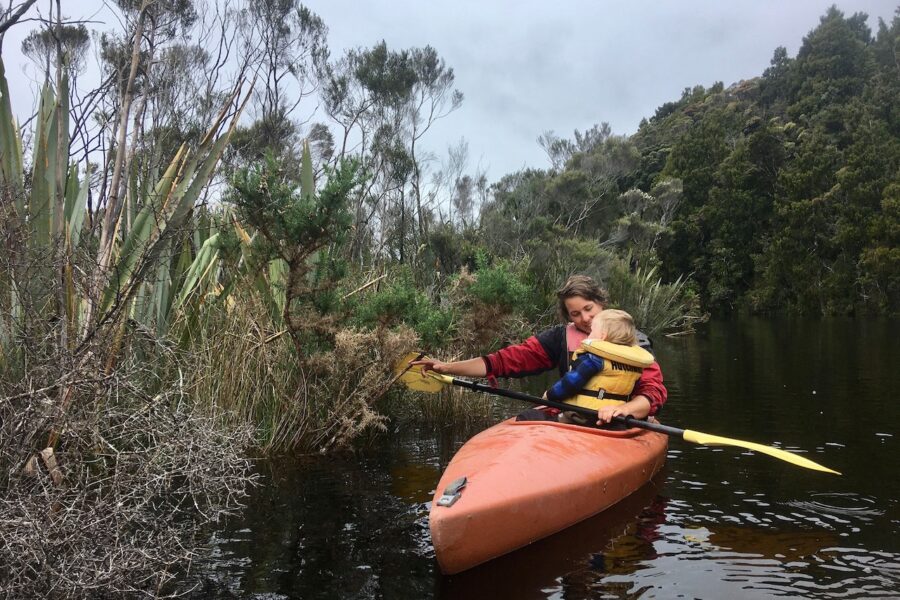
The annual Ōkārito GorseBusters event is returning again in 2023 with a strong contingent of local and international visitors taking part in the cleanup.
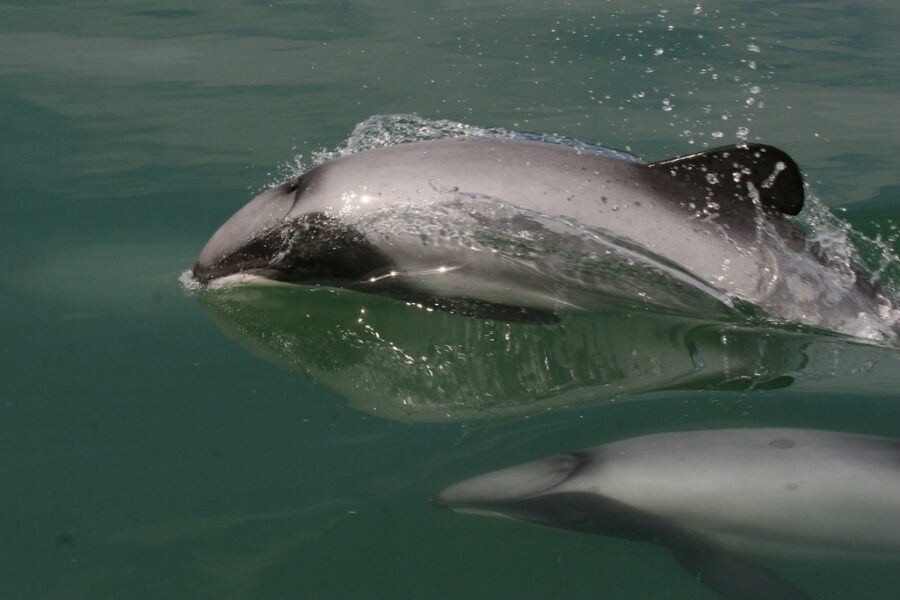
Dolphin advocates want to see more action to protect Hector’s dolphins after a Department of Conservation report noted the deaths of a mother and calf killed by a trawl net.
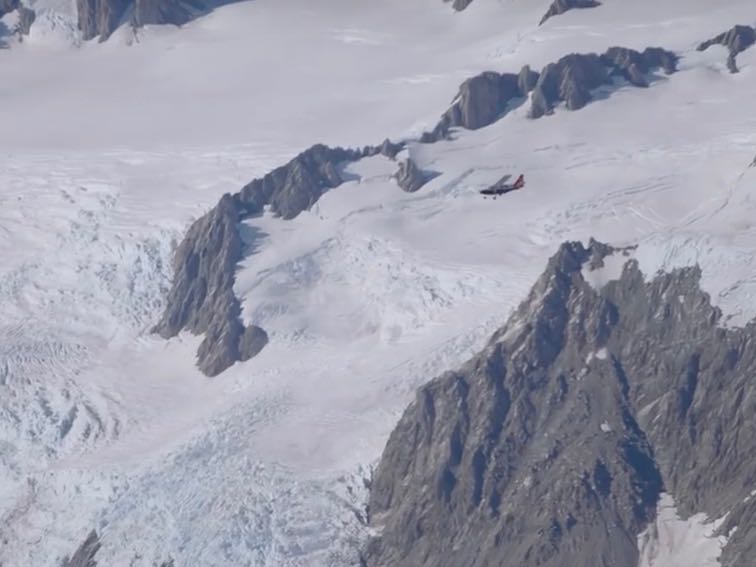
New research suggests New Zealand is one of the least vulnerable countries to the dangers of glacial lake floods.

A new way to apportion carbon emissions taxes on airline passengers could be the answer to creating a fairer system that does not discriminate based on travel class.
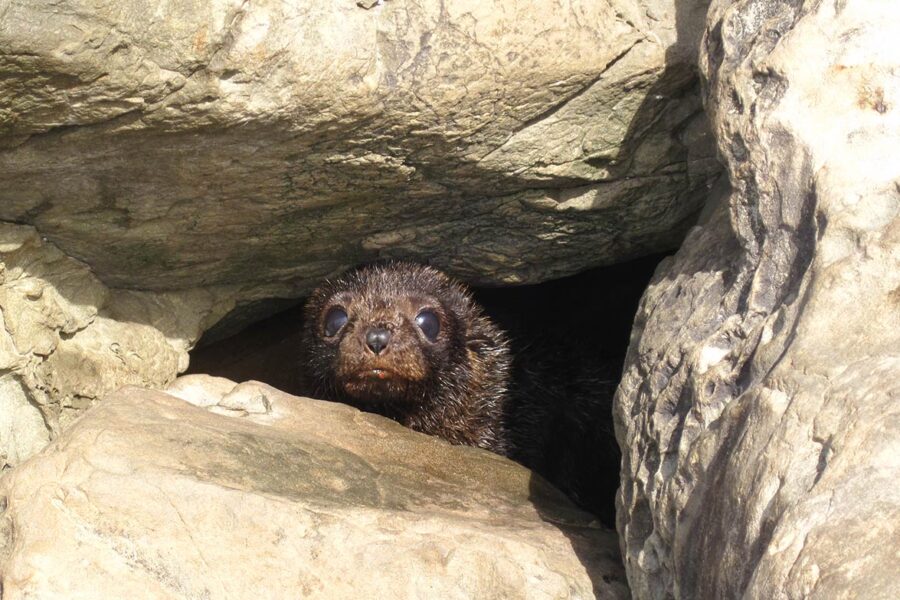
The Department of Conservation has extended a citizen science project encouraging members of the public to report sighting of kekeno New Zealand fur seals.
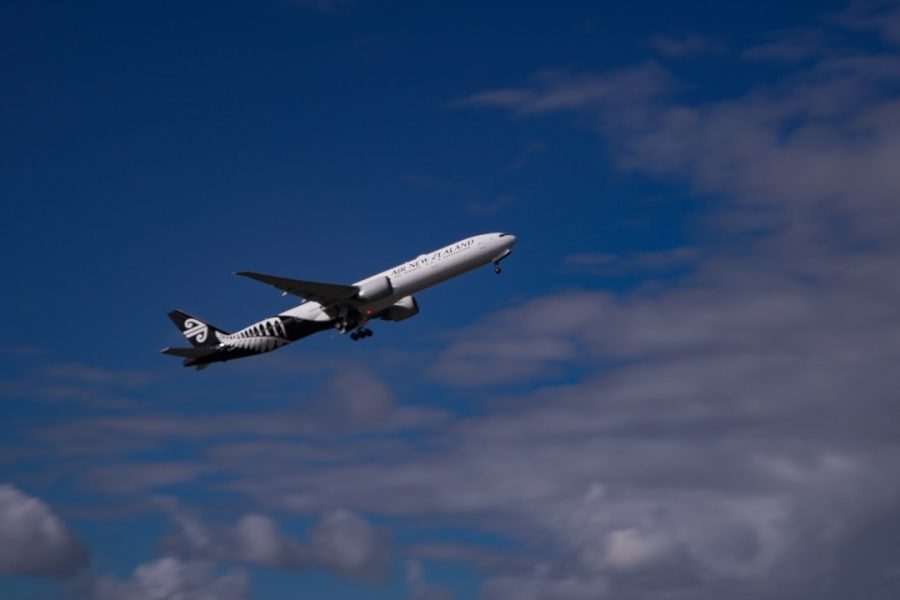
Air New Zealand and Trees That Count have reflected on their first partnership anniversary with a look at the achievements over the last year.
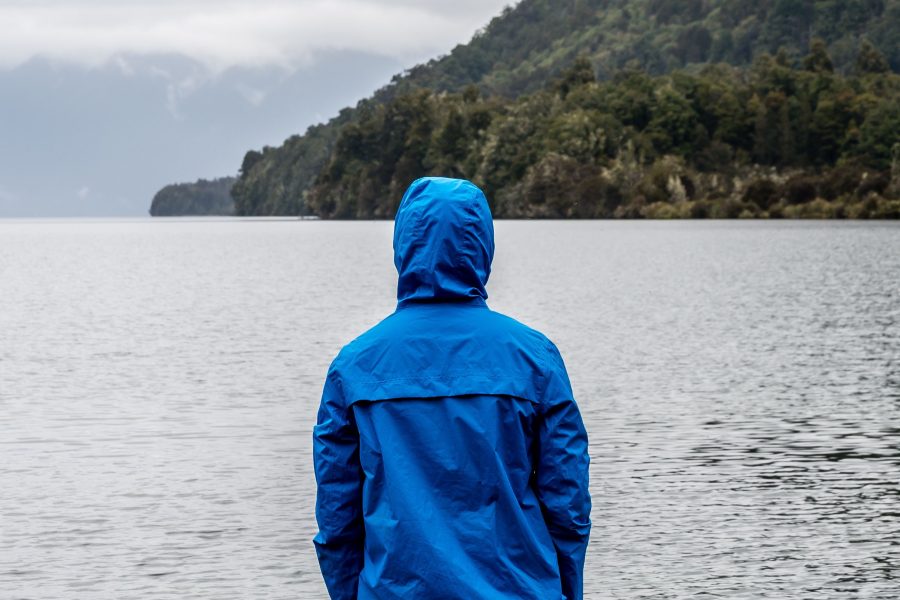
A wet start to 2023 followed by the impacts of Cyclone Hale has hurt holiday hotspots like Northland, Hawke’s Bay and Coromandel, but government support for affected operators is not in the pipeline.

North America’s travel and tourism sector accounted for 9.3% of greenhouse gas emissions in 2019, according to new data from the World Travel & Tourism Council Sustainable and the Saudi-based Sustainable Tourism Global Center.

The industry group puts its “stake in the ground” on the worldwide industry’s emissions target.
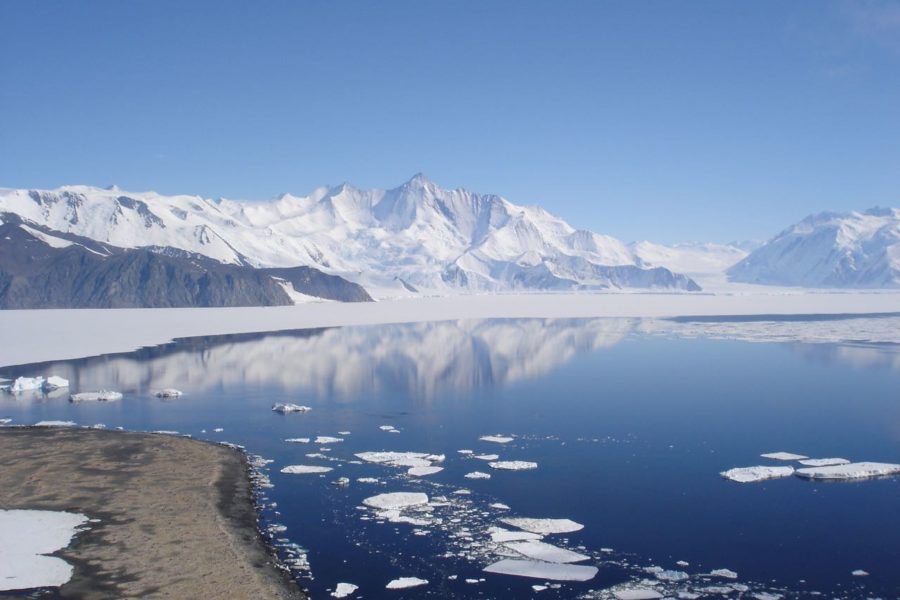
There has been a significant increase in visitor interest in Antarctica.
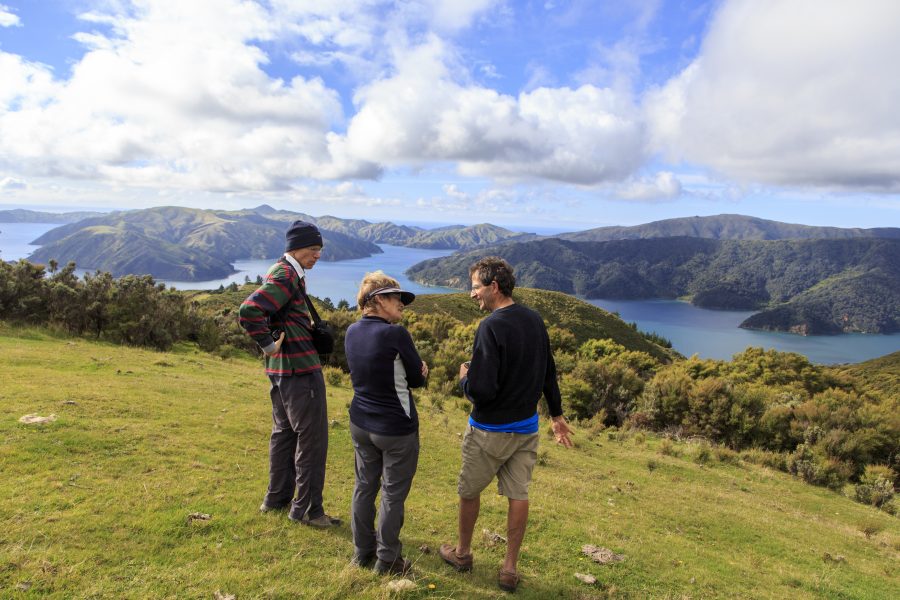
“New Zealand needs to be a premium destination,” says the Marlborough operator.
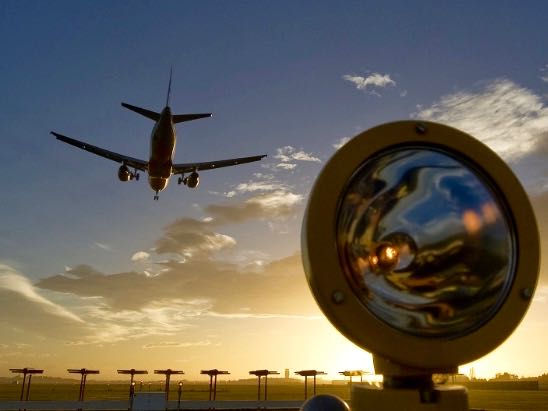
Christchurch and Hamburg Airports have embarked on a joint partnership to develop infrastructure for the use of green hydrogen in aviation for both ground vehicles and aircraft propulsion systems.
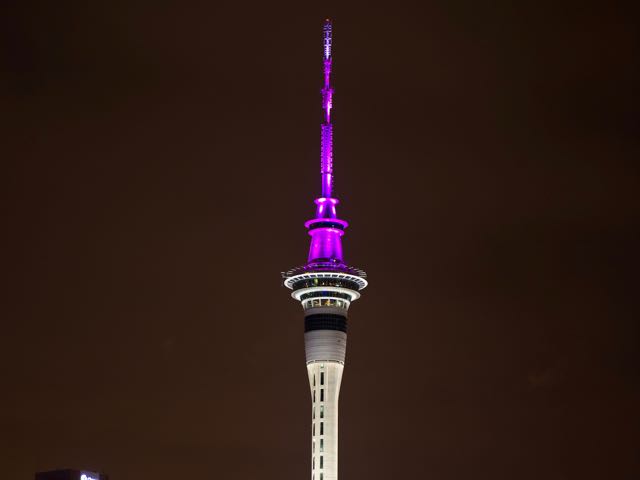
Light pollution from Auckland’s Sky Tower and central business district are contributing to injuries and deaths of seabirds, according to a new study.
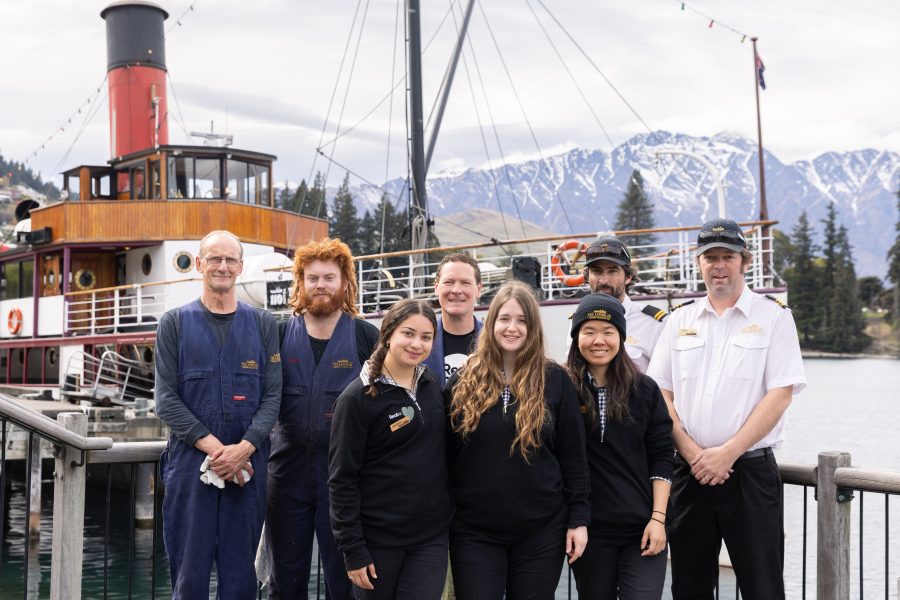
Lake Whakatipu’s TSS Earnslaw is turning 110-years-old and may soon have a new lease on life through a decarbonisation project.
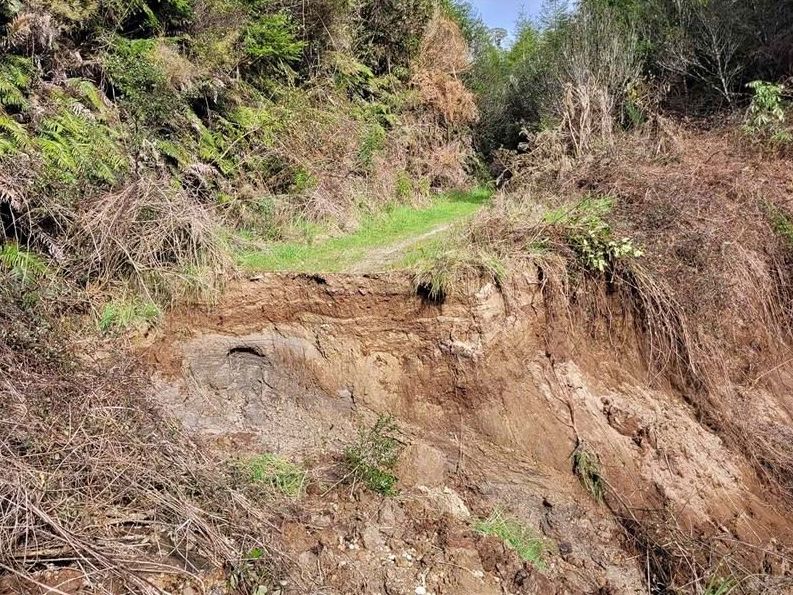
The Department of Conservation has closed the Central North Island’s Arataki Track in Pureroa Forest Park due to landslip and erosion damage.
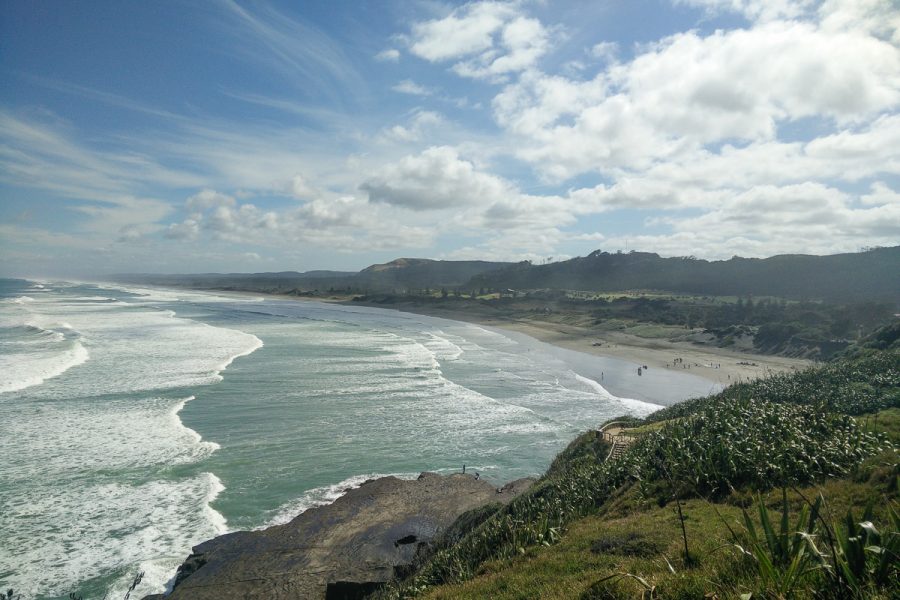
Coastal habitats, biodiversity, infrastructure and communities are at increased risk of climate-related changes associated with rising sea levels, according to a new report.
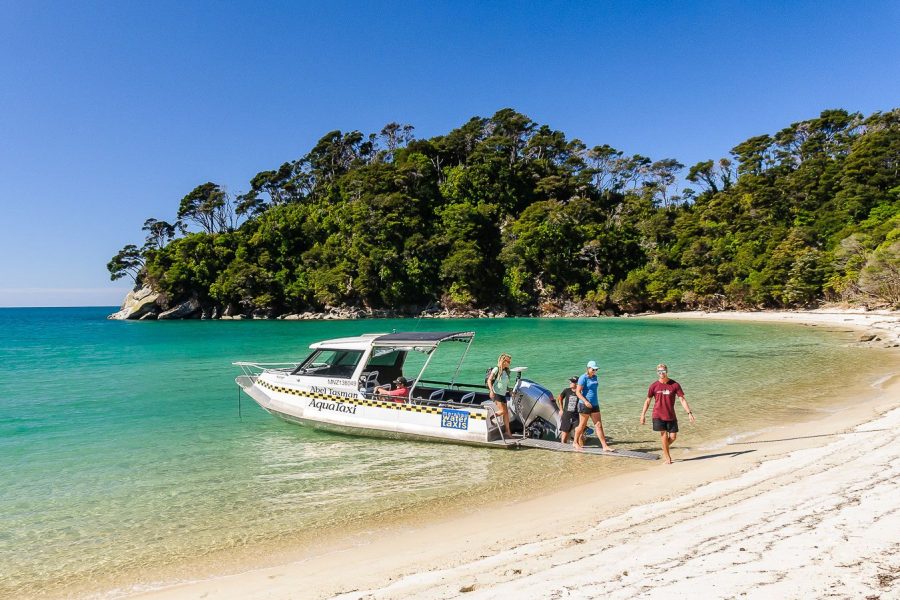
A new visitor fee, a commitment to zero carbon, and operator co-operation are part of an initiative to improve the coastal village of Mārahau on the edge of Abel Tasman National Park.
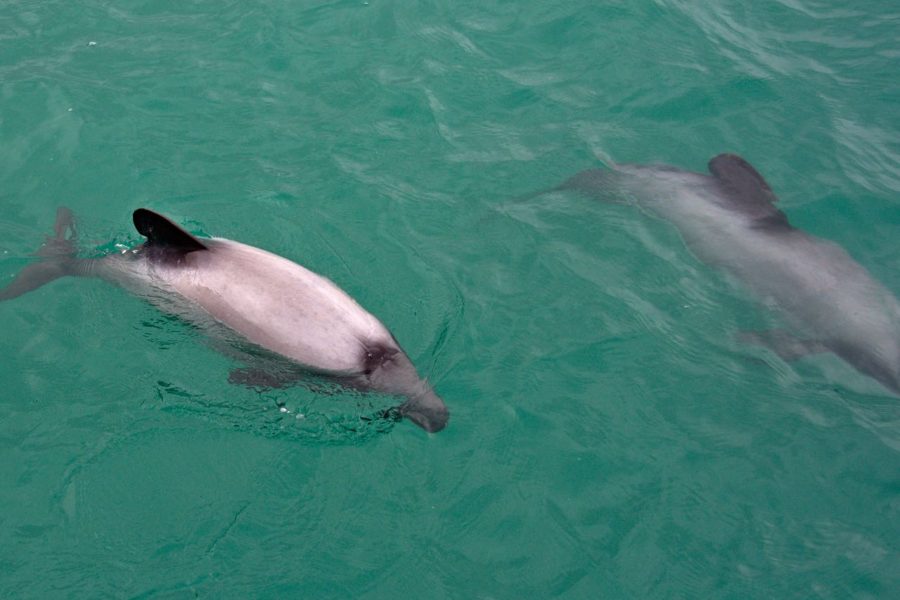
The government is introducing tougher fishing measures to protect the vulnerable South Island Hector’s dolphins.
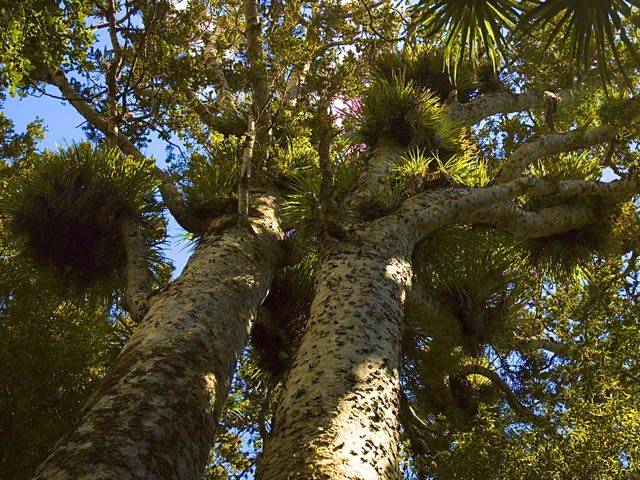
The government is investing $32m into a plan to protect kauri in the country’s northern forests from dieback disease.
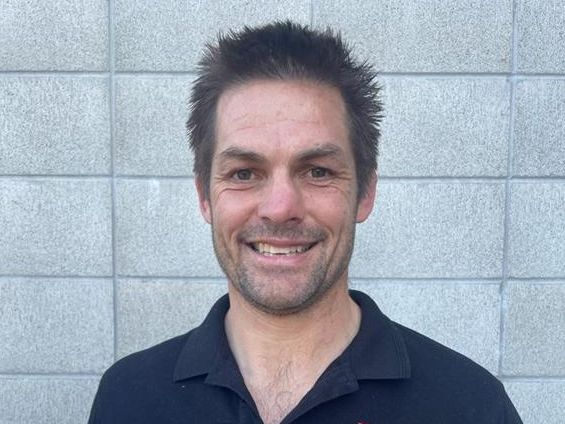
The Pūkaha National Wildlife Centre near Masterton is holding an open day on Sunday 24 September, with special guest Richie McCaw who will read the book Three Little Kiwi to the audience.
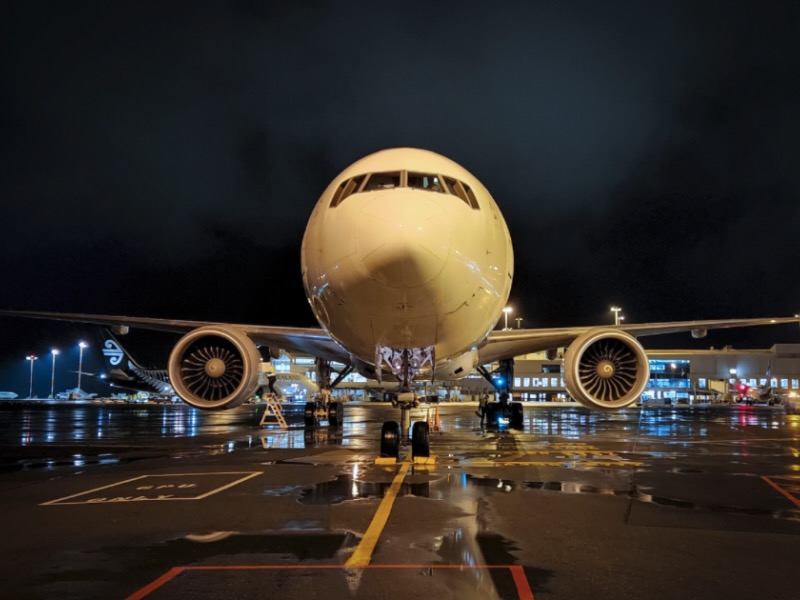
The govt may have to step in to help make green aviation fuels more viable, says the airline’s sustainability manager.
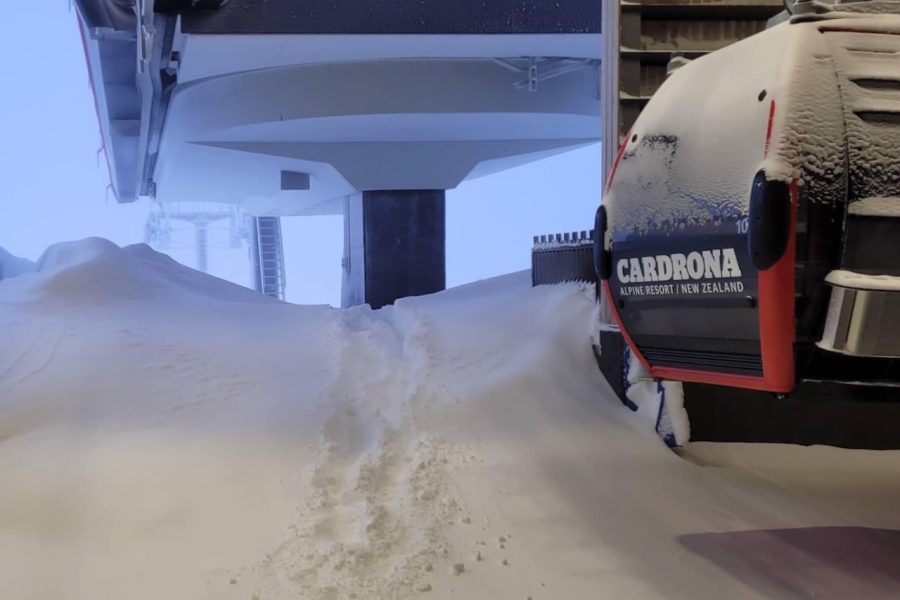
Extreme weather is posing more risks for operators and will transform business models, says RealNZ’s CEO.
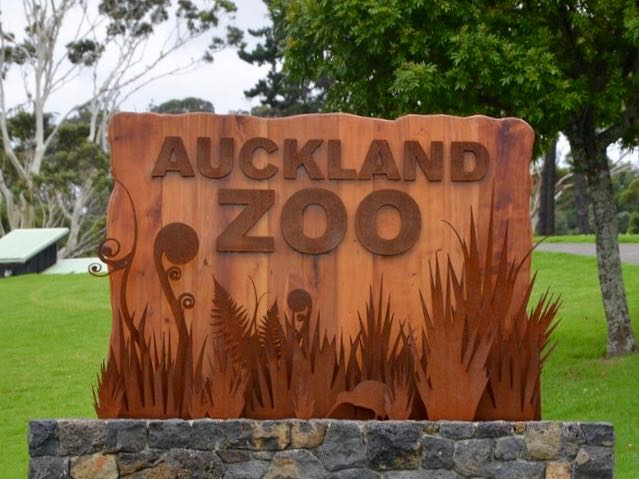
Auckland Zoo has been awarded the sustainability and environmental impact accolade at the Facilities Management Association of New Zealand Awards.

Climate change could have a major impact on New Zealand’s marine mammals, with food supply identified as the biggest threat in a new report by the Department of Conservation.
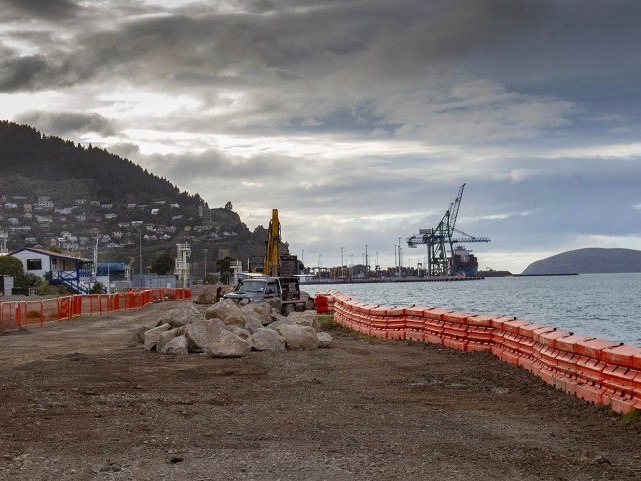
The rate of sea level rise has rapidly increased in recent decades and will continue to do so due to the effects of climate change, according to Stats NZ.
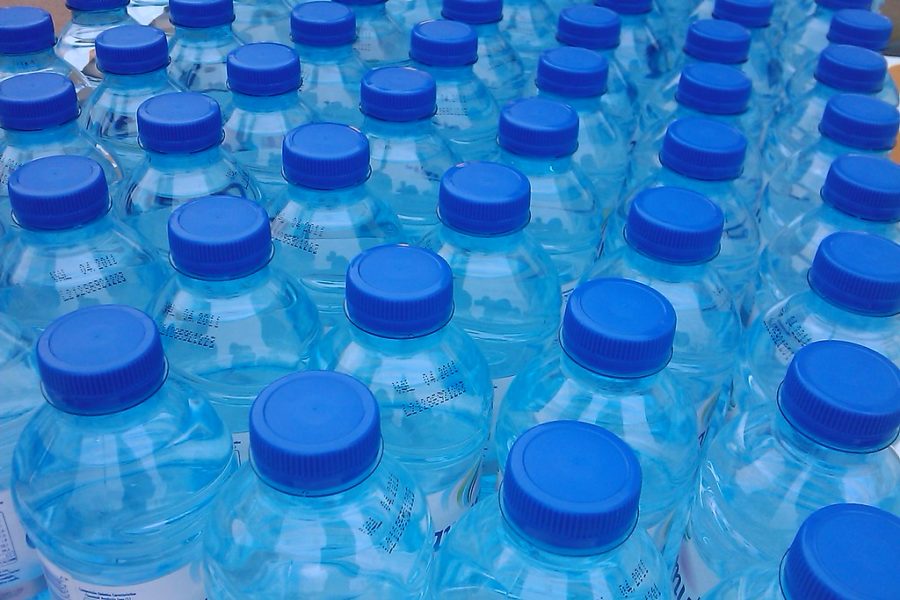
Keep New Zealand Beautiful’s annual Clean Up Week begins this Saturday and members of the public are encouraged to play their part in tidying up their communities.
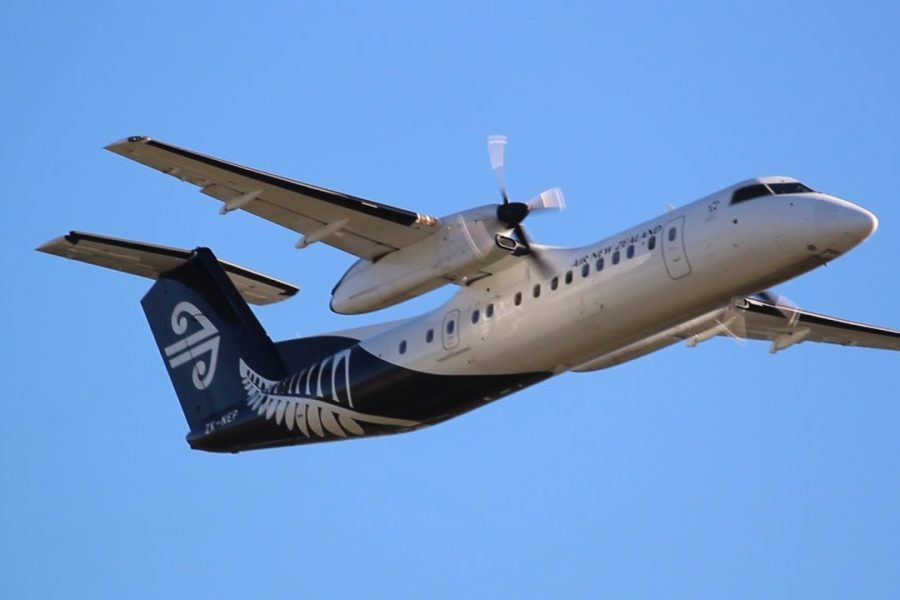
Air New Zealand says it is the first passenger airline in the world to join a NASA Earth Mission.
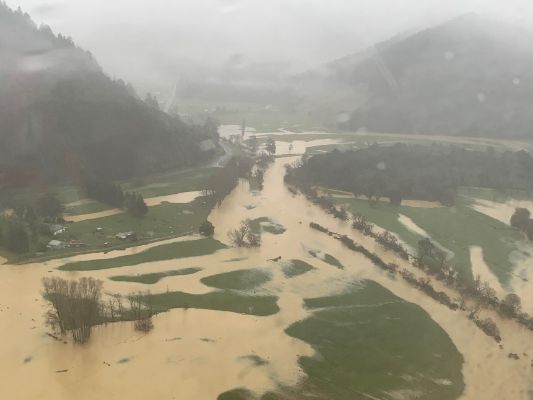
Winter 2022 has been the country’s warmest and wettest on record, with the nationwide average temperature reached 9.8°C 1.4°C above the 1981-2010 average, says NIWA.

Managing Tongariro Alpine Crossing and progressing the Milford Opportunities Project are highlighted as key initiatives by the Department of Conservation in its briefing to its new minister, Poto Williams.
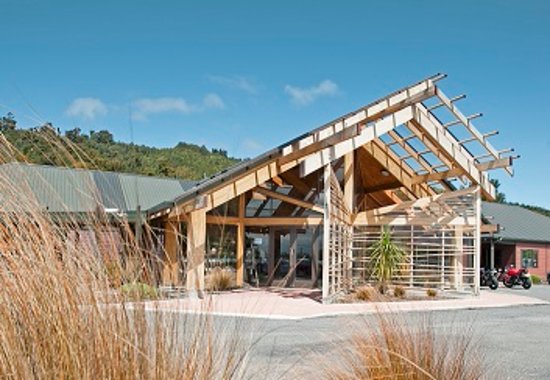
Former All Blacks captain Richie McCaw will join the Pūkaha Wildlife Sanctuary’s first community open day in three years on Sunday 25 September.
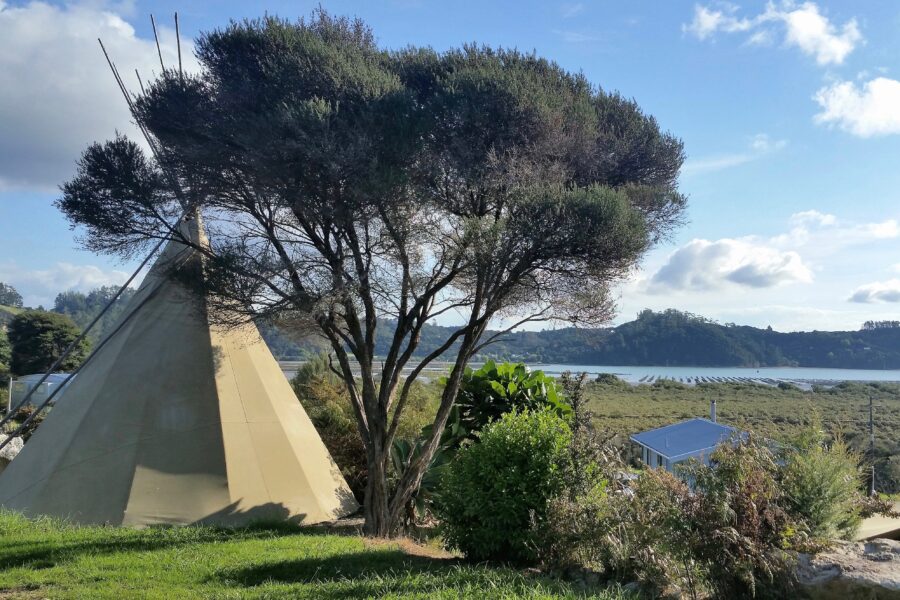
Young travellers can lead the way to a more sustainable sector.
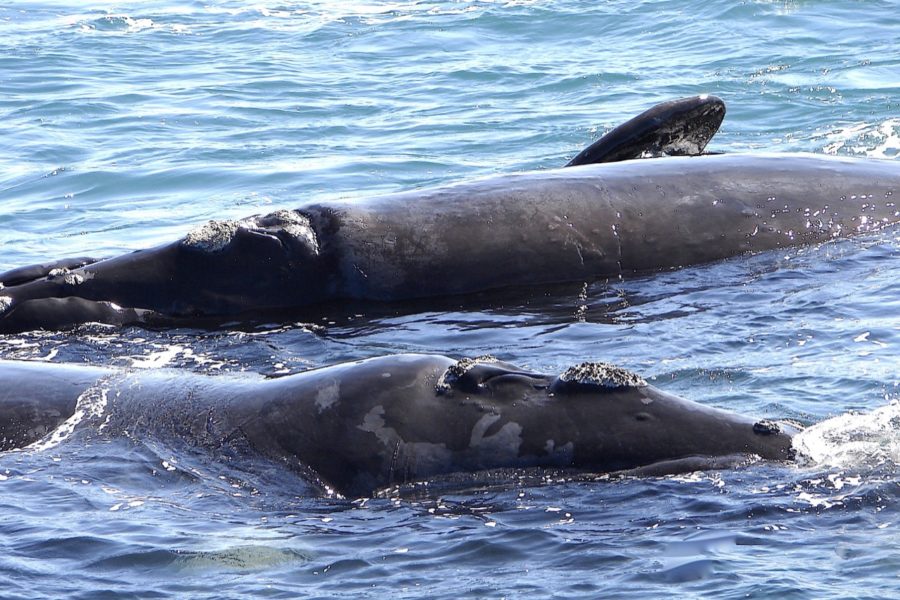
Tohorā southern right whales are taking longer to re-establish a habitat in mainland waters, scientists at the University of Auckland have found.
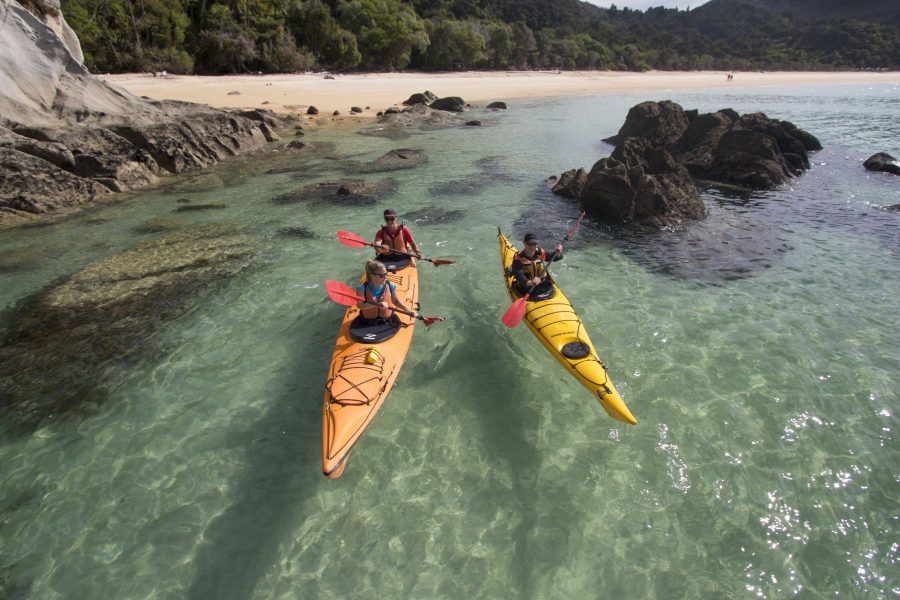
Nine Abel Tasman tourism businesses are involved in a new regenerative tourism initiative that aims to support the village of Mārahau and the region.
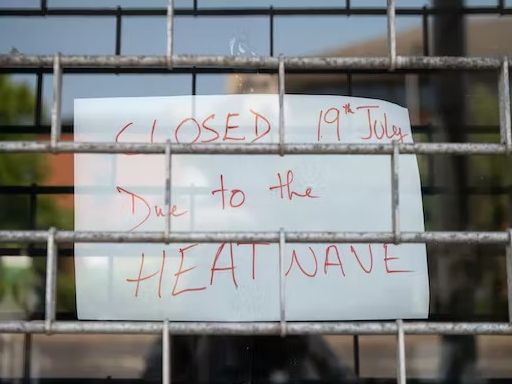
How much of an impact does soaring temperature have on business profitability?
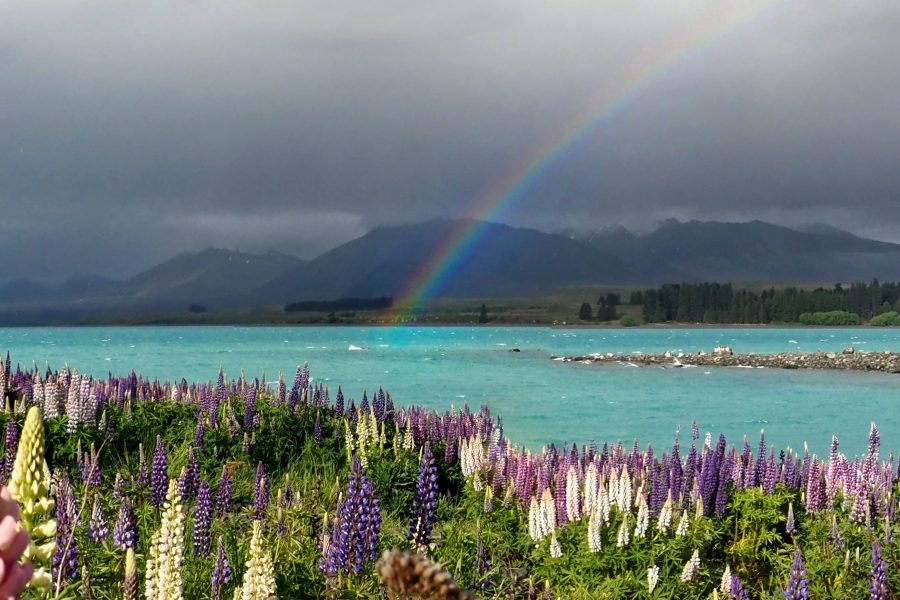
Tourism is under threat from climate change but there are opportunities to be found in the sector as businesses innovate and adapt – and work is underway to examine these possibilities.
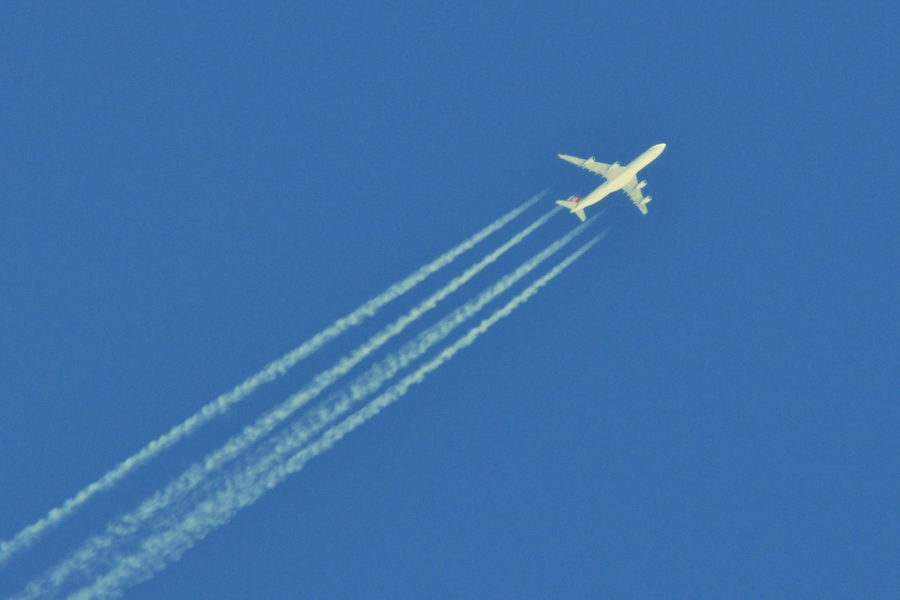
The airline needs to reduce its carbon emissions by 28.9% by 2030 if it wants to be a net zero emitter by 2050.
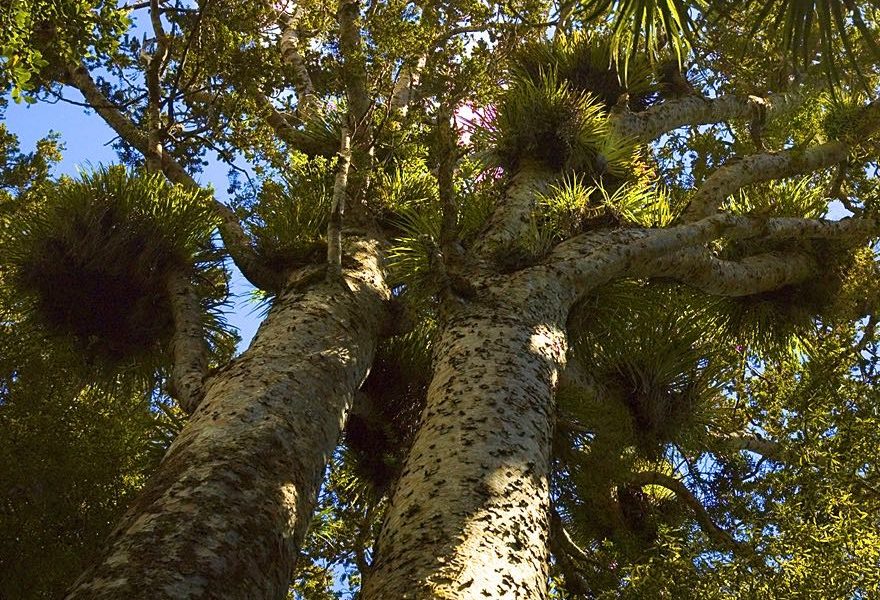
The government has launched a plan to protect native kauri trees from dieback and disease.
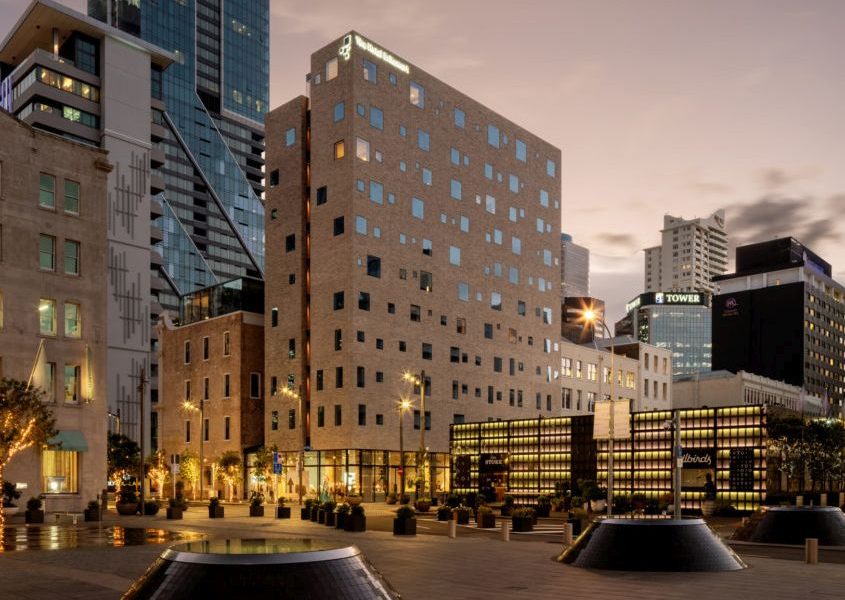
Hotel Britomart has released its first sustainability report since it was rated the country’s first 5 Green Star hotel by the NZ Green Building Council.

The plan also supports the establishment of a local visitor levy to address infrastructure pressures.
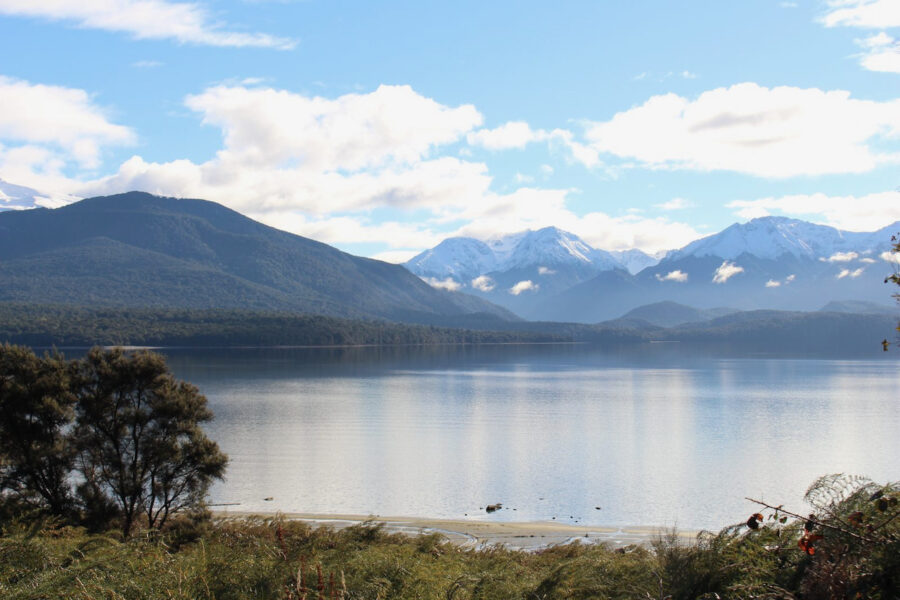
Fiordland operators have been part of a monumental effort to rid the national park of more than 100,000 invasive weeds.

Greenhouse gas emissions from transport, postal and warehousing, including aviation, dropped almost 36% between December 2019 and 2021